WELLINGTON: The families of 51 people massacred in two Christchurch mosques in 2019 say they want a New Zealand coronial inquiry opening on Tuesday to answer a key question: could any of them have been saved? White supremacist Brenton Tarrant shot and killed 51 Muslim worshippers in the mosques on March 15, 2019 in the country’s deadliest modern-day mass shooting.
Deputy Chief Coroner Brigitte Windley opens an inquiry in Christchurch on Tuesday to determine the facts of their deaths. It is expected to last until mid-December.
Maha Galal, spokesperson for the “15 March Whanau Trust” representing the victims’ relatives, said there was an “urgent need for answers”. “Our paramount concern is to comprehend the truth,” Galal said in a statement dated on Tuesday.
The families of the victims “are united in their pursuit of understanding, seeking clarity on whether their loved ones could have survived,” Galal said.
51 Muslim worshippers were killed by a White supremacist in 2019
“This pursuit of truth is crucial for healing and closure.” The inquest will examine all events from the start of the attack to Tarrant’s formal police interview, including the response times of police and emergency services.
“One of the central inquiries revolves around why our loved ones were left at the mosque without any immediate action for some time and the police did not allow us or anyone else to get them out,” Galal said. “We place our trust in the coroner’s process and our legal representation to address these pressing questions and provide the necessary insights,” Galal added.
Other questions for the coroner include: Did anyone help Tarrant? Could a different medical response have saved lives? And did an emergency exit door at the Al Noor mosque fail to open on the day of the attack?
‘Base hatred’
The killings carried out by Tarrant, an Australian former gym instructor from the rural New South Wales town of Grafton, horrified New Zealand and sparked global revulsion.
After admitting to 51 charges of murder, 40 of attempted murder and one of terrorism, he was sentenced in August 2020 to life imprisonment without parole.
In his sentencing, Judge Cameron Mander said Tarrant’s “warped” ideology and “base hatred” led him to murder defenceless men, women and children.
Tarrant had live-streamed the killings on social media and published a manifesto online before carrying out the attacks.
Then-prime minister Jacinda Ardern quickly moved to tighten gun laws in the aftermath and put pressure on social media giants to curb online extremism.
Galal says the victims’ families hope the inquest will provide some closure and highlight ways such an attack can be prevented in future.
“We believe that there is much we can learn from what happened on March 15, 2019, so that we are all prepared, as a community, if such a tragedy happens again which we pray will not happen.”
Published in Dawn, October 24th, 2023

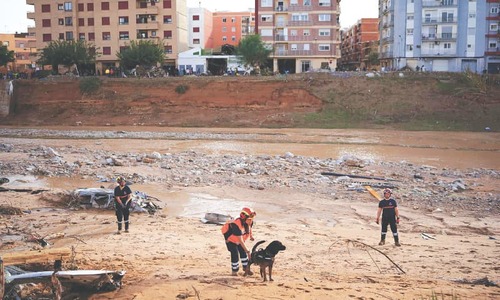
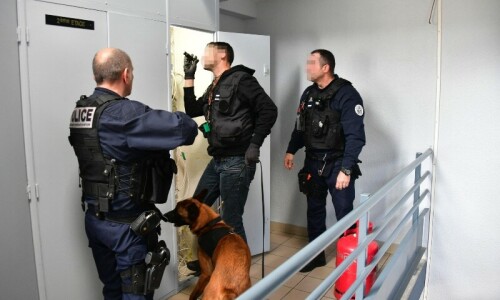













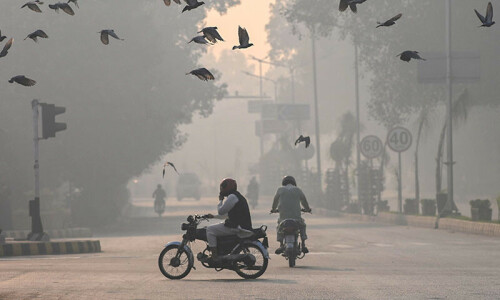



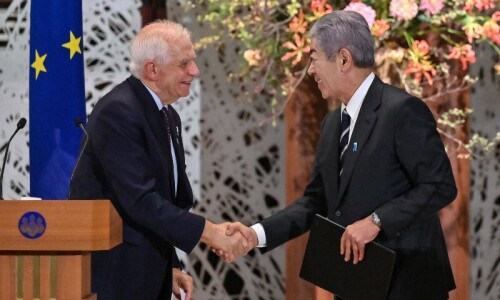



















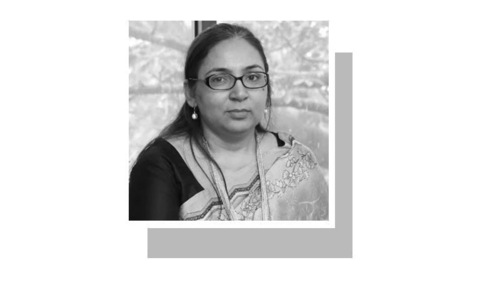
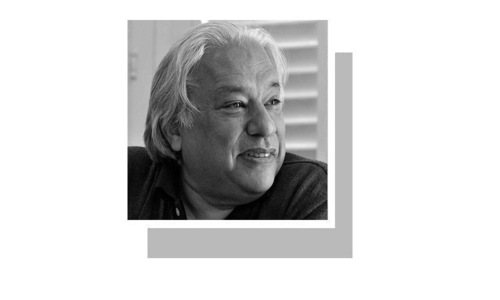

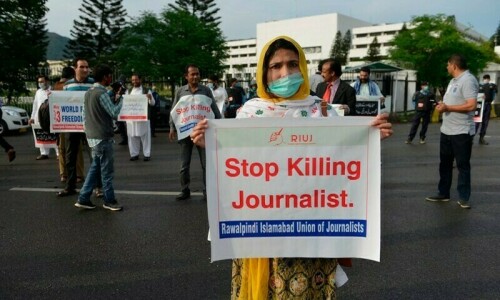


Dear visitor, the comments section is undergoing an overhaul and will return soon.